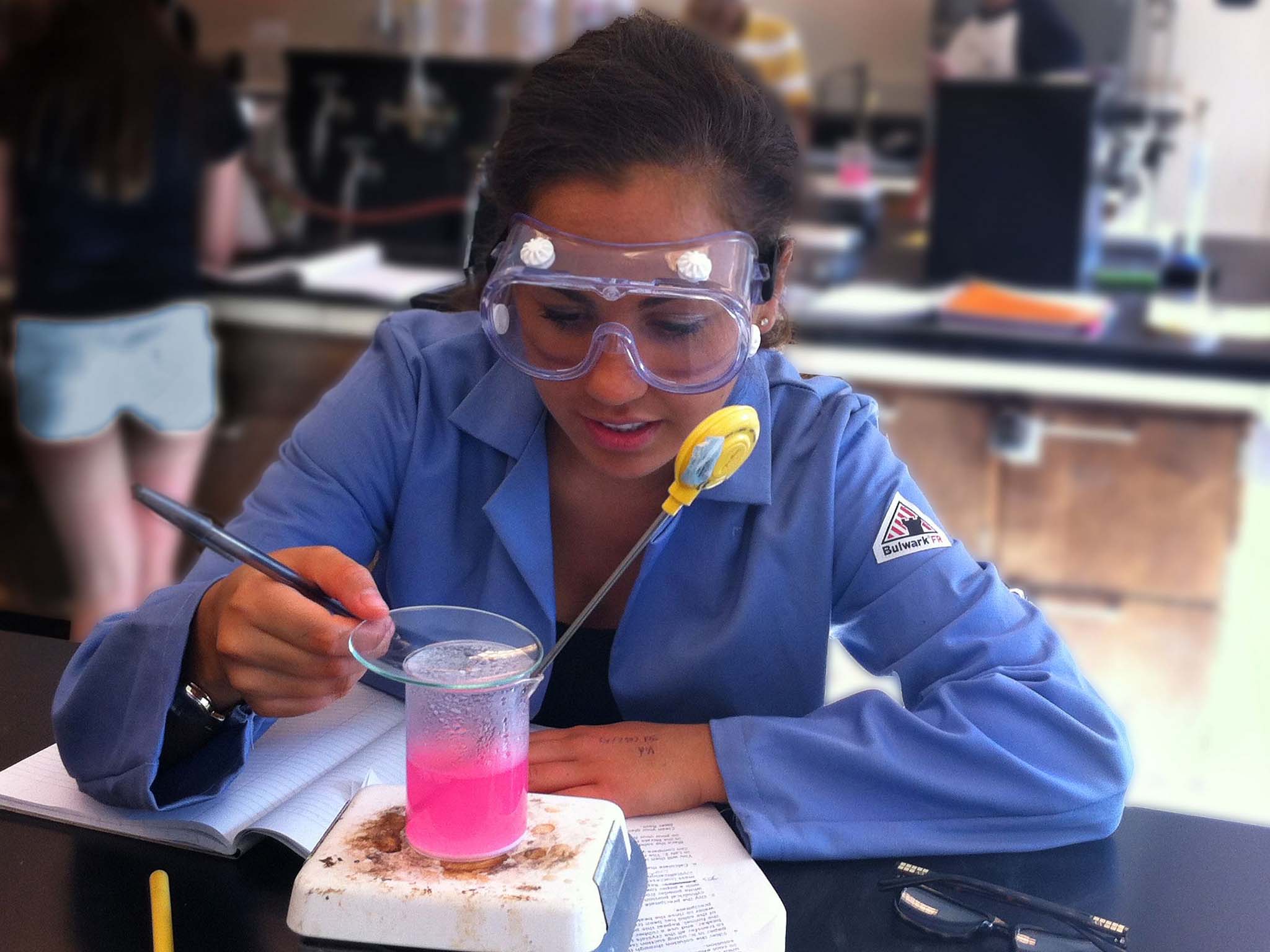
Qatar has continued to improve its Program for International Assessment (PISA) scores, although its results still remain well below the global average, newly-published figures for 2015 show.
The figures were released days before Qatar’s Cabinet announced an upcoming revamp of the country’s independent school system.
The PISA is an exam administered every three years to 15-year-olds around the world. About 540,000 students in 72 countries took the exam last year.
Qatar’s scores went up in all three test areas – Maths, Reading and Science – with particular improvement shown in the final category.
The country now ranks 60th out of 72 countries in Science with an average score of 418, up from 384 in 2012.
Meanwhile, the country’s average score of 402 in Maths represented a 26-point improvement on its 2012 score, while its score for Reading went up 15 points to 402.
However, as seven more countries took part in the 2015 tests than in 2012, the country’s rankings remain fairly static in these two areas.
Qatar remains 62nd in Maths, and is now globally 65th in Reading, down one place from 64th in 2012.
Singapore topped the PISA tables this year in all three areas, with Hong Kong taking second place in Maths and Reading, and Japan taking second place in Science.
Changes afoot
More than a decade ago, Qatar adopted a recommendation from the RAND Corp. to overhaul its public education system so that it mimicked a charter school system.
Under this plan, independent schools for local children operated autonomously, and were regularly audited by the government to ensure they were up to standards.

Parents were also allowed to choose the school that best meets their child’s needs.
However, the Cabinet has now approved a plan to change the system again, taking a more consolidated and central approach, QNA reports. It added:
“Under the draft law, the state establishes public schools and provides them with the funds to perform their role in educating young people and promoting education innovation and excellence, and that the Ministry of Education and Higher Education to organize public schools and appoint the administrative and academic cadre as well as to supervise them, in order to achieve quality education.”
Literacy is key
In the most recent PISA scores, Qatar came behind the UAE, the only other GCC country to participate. The Emirates ranked 47th overall in Maths, 46th in Science and 48th in Reading.
However, this was still considered below the Organisation for Economic Co-operation and Development average.
According to one education expert, the poor scores are in part because Arab students sitting for PISA tests are often unable to read at the speed required to answer questions in time.

In a report in The National, Dr. Natasha Ridge, executive director of the Sheikh Saud bin Saqr Al Qasimi Foundation for Policy Research in Ras Al Khaimah, said:
“That is a big barrier and that is I think one of the reasons why we consistently see low performance across the Arab world.”
Good progress in science
Although Qatar’s scores remain near the bottom of the global PISA tables, the country was praised in this year’s report for strides made in science education.
While most nations’ science scores have remained fairly static since 2006, Qatar is one of only six countries where mean performance has improved.

Qatar has also reduced the number of students performing poorly and increased the stronger performers, one of only three countries to achieve both measures, the report said.
“Over this period (2006 – 2015), Macao (China), Portugal and Qatar increased the share of students performing at or above Level 5 and simultaneously reduced the share of students performing below the baseline level of proficiency (Level 2).”
The report also showed that more girls (39.9 percent) than boys (36.3 percent) in Qatar anticipated a science-related career, and that there was no difference between the two genders in terms of their enjoyment of science lessons.
Truancy issues
However, the report also singled Qatar out for its poor truancy figures.
PISA asked students to report whether they had skipped a day of school in the previous two weeks before they sat for the test.

Forty percent of students in Qatar said they had, twice the number who said they did so before the last PISA exam in 2012.
This means that Qatar had one of the highest truancy rates of all countries tested, coming in ninth in this particular ranking.
The figures come despite efforts from authorities to boost attendance numbers, which appears to be having more of an effect with younger kids.
You can read the full PISA report here.
Thoughts?






